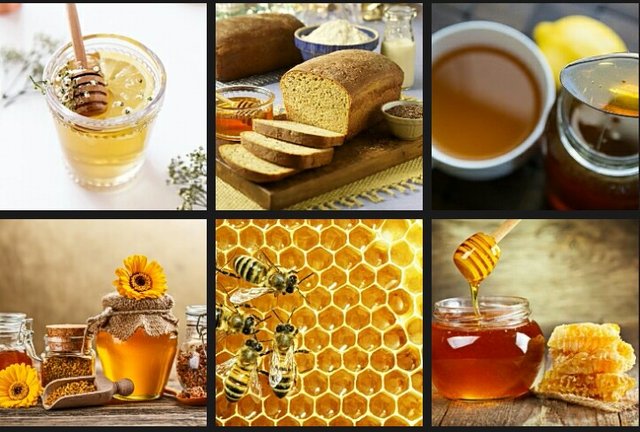Interesting fact about honey.
Honey: You drink it in your tea and spread it on your bread, but what is honey, really?
A thick, golden liquid produced by industrious bees, honey is made using the nectar of flowering plants and is saved inside the beehive for eating during times of scarcity. But how do bees make honey?
Nectar — a sugary fluid — is separated from blooms utilizing a honey bee's long, tube-formed tongue and put away in its additional stomach, or "yield." While sloshing around in the harvest, the nectar blends with compounds that change its concoction arrangement and pH, making it more reasonable for long haul stockpiling.
At the point when a bumble bee comes back to the hive, it passes the nectar to another honey bee by disgorging the fluid into the other honey bee's mouth. This spewing forth process is rehashed until the point when the in part processed nectar is at last kept into a honeycomb.
Once in the brush, nectar is as yet a gooey fluid — not at all like the thick nectar you use at the breakfast table. To get all that additional water out of their nectar, honey bees set to work fanning the honeycomb with their wings with an end goal to accelerate the procedure of vanishing.
At the point when a large portion of the water has vanished from the honeycomb, the honey bee seals the brush with an emission of fluid from its midriff, which inevitably solidifies into beeswax. Far from air and water, nectar can be put away inconclusively, giving honey bees the ideal sustenance hotspot for cool winter months.
Be that as it may, honey bees aren't the main ones with a sweet tooth. People, bears, badgers and different creatures have for quite some time been striking the winter stores of their winged companions to reap nectar.
Actually, until the point when sugar turned out to be broadly accessible in the sixteenth century, nectar was the world's central sweetener, with old Greece and Sicily among the best-known verifiable focuses of nectar generation.
Nectar's shading, taste, smell and surface fluctuate extraordinarily relying upon the kind of blossom a honey bee frequents. Clover nectar, for instance, contrasts enormously from the nectar gathered from honey bees that incessant a lavender field.

@tuhin100 Hot HOye Gelam
Cool yaar
Posted using Partiko Android
very interesting and amazing fact about honey. I love pure honey very much.
তুমি তো মধুওয়ালা
did u try ???
yeh... I try everyday & I also sell pure honey, if u need honey than knock me...
OMG u have pure honey how can i get it ????
If u need, then order please. I have some relatives in UAE. i can send it by them otherwise if u need instantly then i can send by (DHL)currier.
Contact +8801820018610
wow
Just wow?
Honey is very good for our health.
Yes...
Posted using Partiko Android